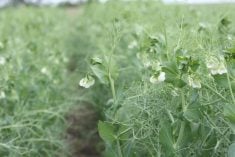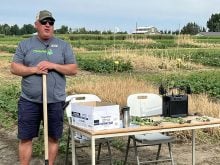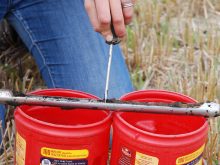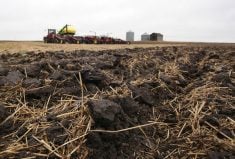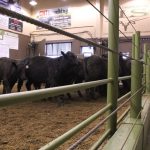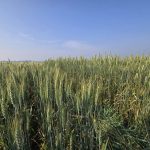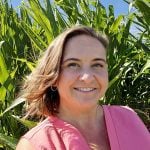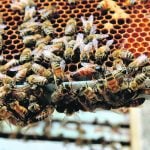WINNIPEG — Soil health has become such a large part of agriculture that it even has its own glossary of terms.
The U.S. Department of Agriculture has published a list of soil health terminology, which includes things like “aggregate stability,” “soil respiration” and a tool called an amoozemeter.
In addition to the amoozemeter, which measures hydraulic conductivity, there are hundreds of bio-stimulants on the marketplace that claim to improve soil health and fertility.
Read Also
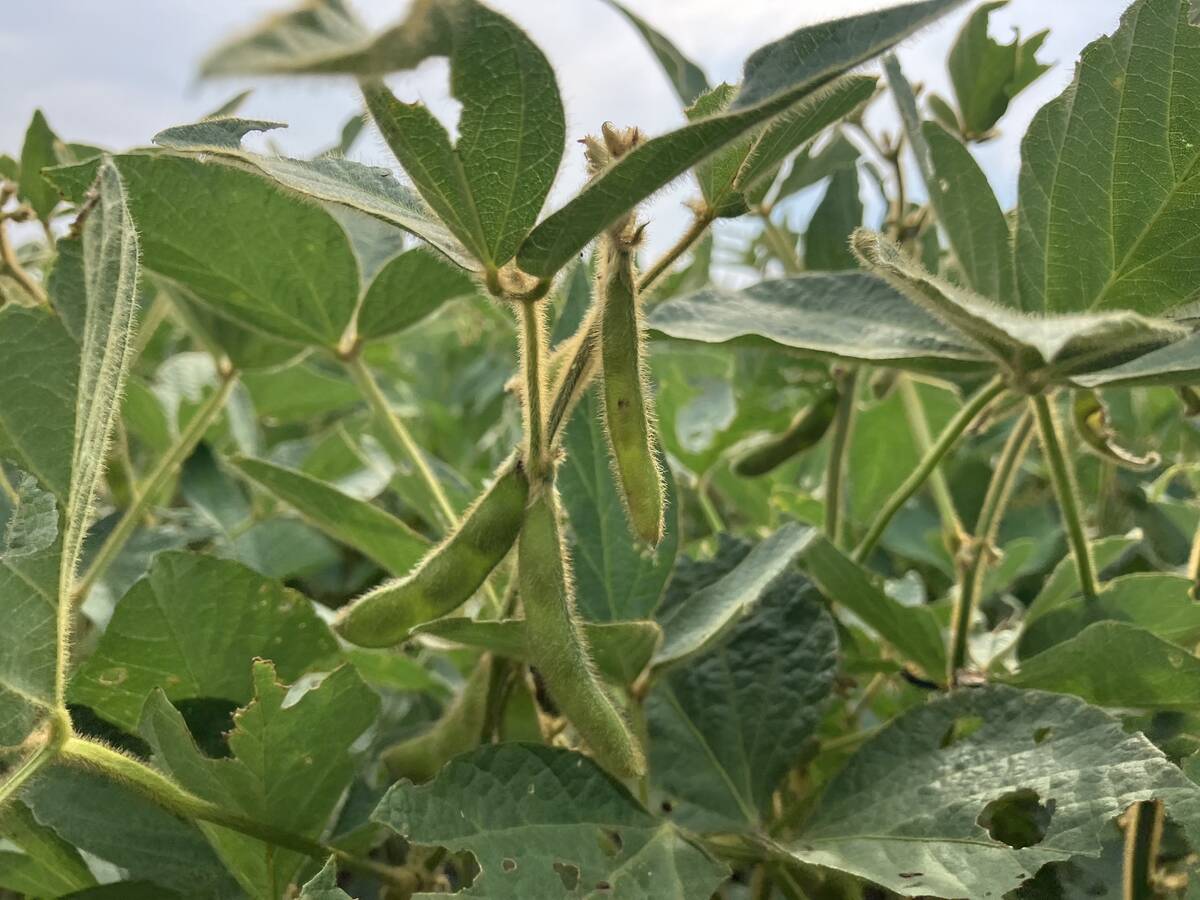
U.S. loses out on sales of soybean to China
U.S. soybean exporters risk missing out on billions of dollars worth of sales to China this year as trade talks drag on and buyers in the top oilseed importer lock in cargoes from Brazil.
The lingo and the massive amount of information on soil health can be overwhelming for both experts and laypeople.
A new training program, soon to arrive in Western Canada, may help agronomists sort through the noise.
Starting next year, Assiniboine Community College in Brandon will deliver training to certified crop advisers (CCAs) in Manitoba and Saskatchewan about soil health and conservation agriculture. The program is branded as the Canadian Prairies Trusted Advisor Partnership.
“The Trusted Advisor Partnership aims to fill the continued gap in technical assistance for science-driven soil health management in the Prairies,” says an Aug. 26 press release unveiling the training.
General Mills, PepsiCo, Bimbo Canada, Nature United and the South East Research Farm in Redvers, Sask., are supporting the program.
“It will offer a master class in soil health agronomy, water management and diversified cropping systems, covering established and emerging stewardship practices in topics like residue management, zone mapping, variable rate technology and tillage reduction,” the news release said.
“By providing agronomists with the next-generation skills … TAP is a lever for rapidly scaling sustainable agriculture to enhance farm resilience.”
The soil health training will be modelled after an established TAP program in North Dakota, which began in 2022.
So far, about 30 CCAs have graduated from the North Dakota program.
Nature United, the Canadian arm of the Nature Conservancy, says the training of agronomists in soil health could encourage more farmers to adopt sustainable practices.
“Transitioning conventional crop production to stewardship practices that prioritize soil health and ecosystem resilience involves a paradigm shift, which cannot be achieved without adequate technical assistance in place for farmers,” said Les Fuller, agriculture strategy director with Nature United.
This soil health training comes at a time when major food corporations, such as PepsiCo, are investing time and money into sustainable agriculture.
Many firms are trying to reduce their Scope 3 greenhouse gas emissions, which are emissions outside of their manufacturing but within their supply chain.
The Sustainable Food Lab, a non-profit organization from Vermont, helped found the Trusted Advisor Partnership in North Dakota.
The non-profit creates programs that support corporate sustainability targets and farmer profitability.
Over the next five years, the Sustainable Food Lab hopes that 225 agronomists take the soil health training on the Canadian Prairies.
“Advisers are an integral part of the support system for farmers and bring logistics-based decision support to soil health implementation,” said Elizabeth Reaves of the Sustainable Food Lab.
“With more boots on the ground … we believe that farmers who have been on the fence (about sustainability) will come on board. We’re already starting to see this play out in North Dakota.”
The first training through Assiniboine Community College will be open to CCAs in Manitoba and Saskatchewan.
Sustainable Food Lab says the program will eventually expand to other provinces.






